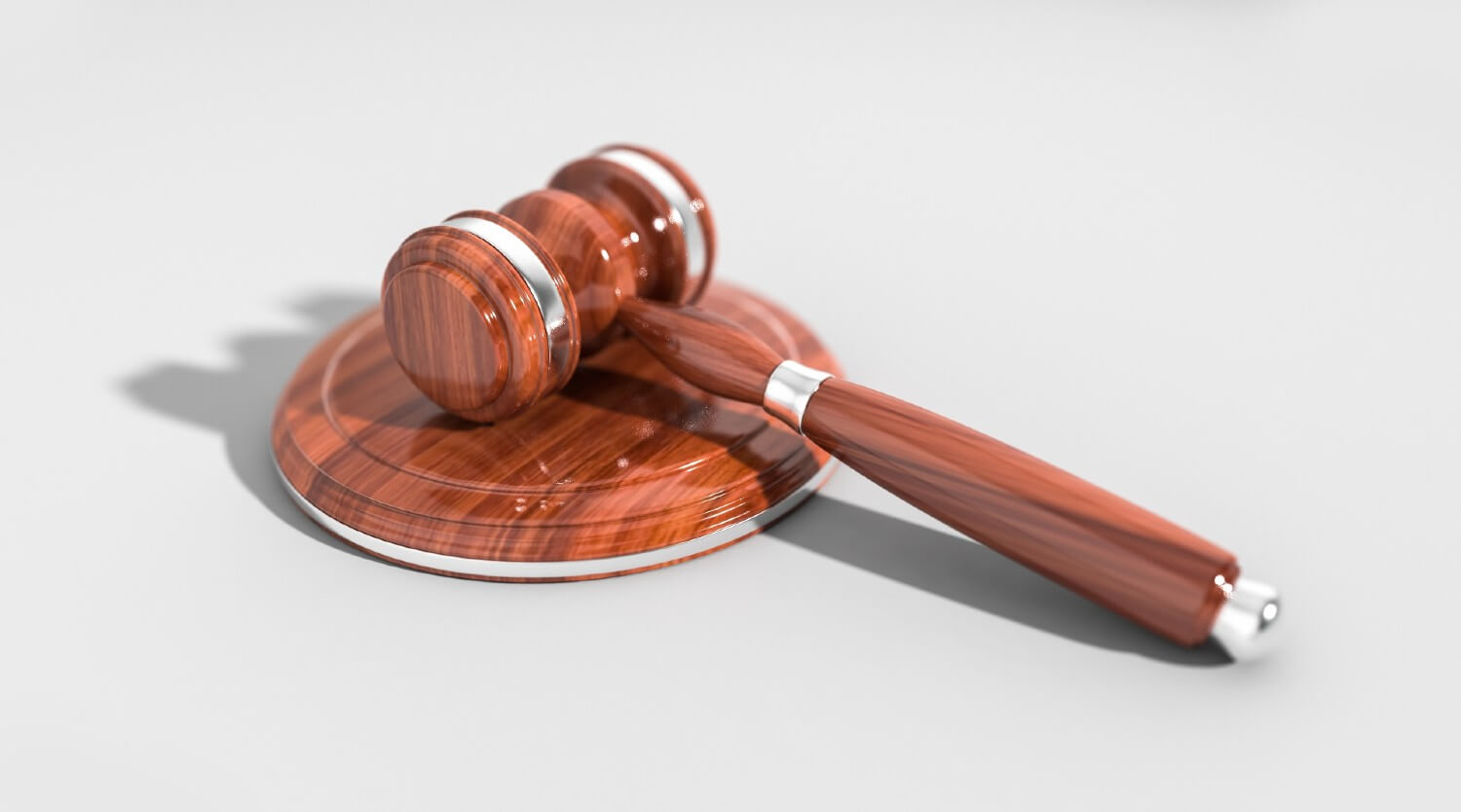What is Special Guardianship?
We look at what special guardianship is so you have all the facts and information at your disposal.
What is a Special Guardianship?
Special Guardians are a special type of carer. They look after children who are not living with their parents. 9 out of 10 Special Guardians are related to the child or are family friends.
A ‘Special Guardianship Order’ gives them Parental Responsibility for the child or children who live with them.
So what is Parental Responsibility?
Parental Responsibility is defined as all of the rights and responsibilities that someone can legally have in relation to a child.
Mothers have automatic Parental Responsibility for any child they give birth to. Married fathers and same-sex spouses or civil partners have automatic Parental Responsibility for any child their wife or civil partner gives birth to. Unmarried fathers can obtain Parental Responsibility in particular circumstances. Other people can also obtain or be given Parental Responsibility for a child.
Special Guardians fall under this last category – they can be given Parental Responsibility for a child by a court. The big difference for them is that their Parental Responsibility overrides the Parental Responsibility of any parent. This means that they have the final say in all big decisions.
How does this work in practice?
When there is a Special Guardianship Order in place, the child or children will live with the Special Guardian. They might also spend time with their parents. How much time they spend with their parents will depend on what is best for the child.
Day-to-day decisions, like what the child wears or what they eat for breakfast, are made by the Special Guardian.
Big decisions, like what school the child goes to, what religion they practice, and when they spend time with their parents, are made a bit differently.
Providing it is possible, the Special Guardian will talk to the parents about these decisions and find out what they think. Then, the Special Guardian makes a decision. They have to consider what the parents want, but they do not have to do what the parents want. The Special Guardian has the final say.
When is a Special Guardianship Order made?
The court can make a Special Guardianship Order in any situation where it is not in the child’s best interests to live with their parents. This can happen for lots of reasons, some of which include:
- the child has suffered or is at risk of suffering significant harm in their parent’s care;
- the child is out of the parent’s control;
- one parent has died and the other parent is a risk to the child.
A Special Guardianship Order can be made within existing proceedings, such as Care Proceedings or Private Children Act Proceedings, or it can be made as a stand-alone application.
A person wishing to make a separate application for a Special Guardianship Order has to give formal notice to the Local Authority of their intention to apply, and then has to wait three months before actually applying to the Court.
Special Guardianship Order Assessment Process
If someone applies for a Special Guardianship Order or the court thinks that it might need to make a Special Guardianship Order, the court will order social services or an Independent Social Worker to do an assessment. This assessment is extremely detailed and takes three months to complete.
Prospective Special Guardians and parents can challenge the assessment if they do not agree with it. The court does not have to follow the recommendations of the social worker, but they will do unless there is a good reason not to.
Alongside the assessment, social services or the Independent Social Worker has to write a Support Plan. This plan should look at all of the needs of the child and Special Guardian if the child is placed with them. It has been found that children going into the care of a Special Guardian have additional needs similar to children who are being adopted. This is because they have often suffered harm or neglect in their parent’s care.
Being a Special Guardian is a big and important job. The child will need to live in a safe, secure, warm environment where they do not suffer any more harm. Consequently, the support plan should consider:
- whether social services should give the Special Guardian financial support;
- what training does the Special Guardian need;
- what ongoing advice might the Special Guardian need;
- what support should social services give to help the children have good quality but safe time with their parents;
- what support should social services provide to help the children spend time with any siblings they have that they don’t live with;
- should social services provide respite care to give the Special Guardians a break;
- should social services do any direct work with the child to help them deal with what they have experienced;
- should social services do any direct work with the child to help them understand their family and who they are
WSP Solicitors regularly represents Special Guardians and parents in court applications or with difficulties that arise after the Order has been made. If you would like specialist advice and assistance, you can contact us here or in the form on this page. Alternatively, you can call us on 01453 847200.
For more information on our Family team and services we offer please click here.



